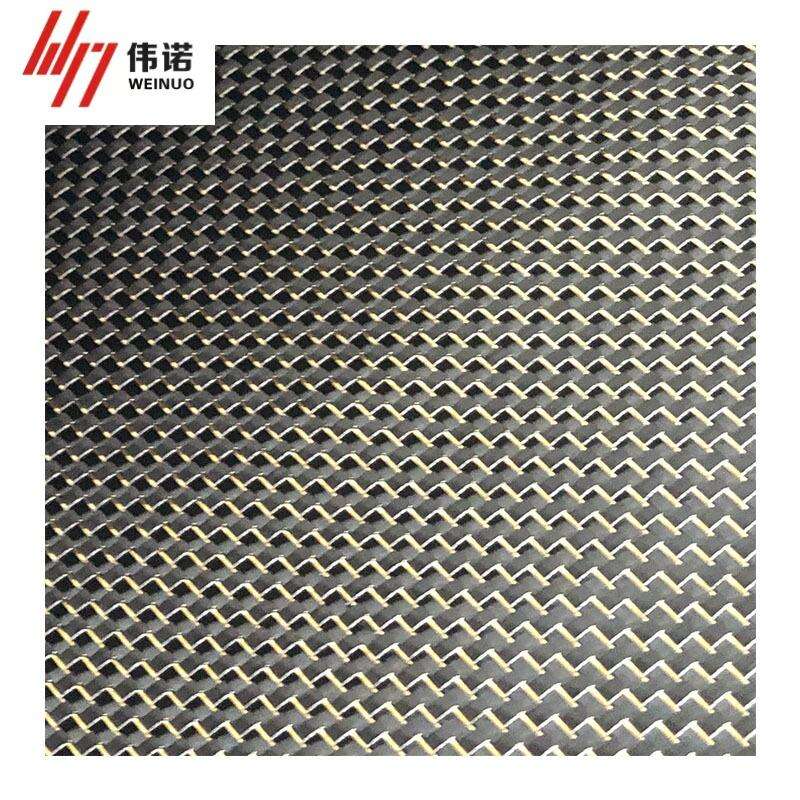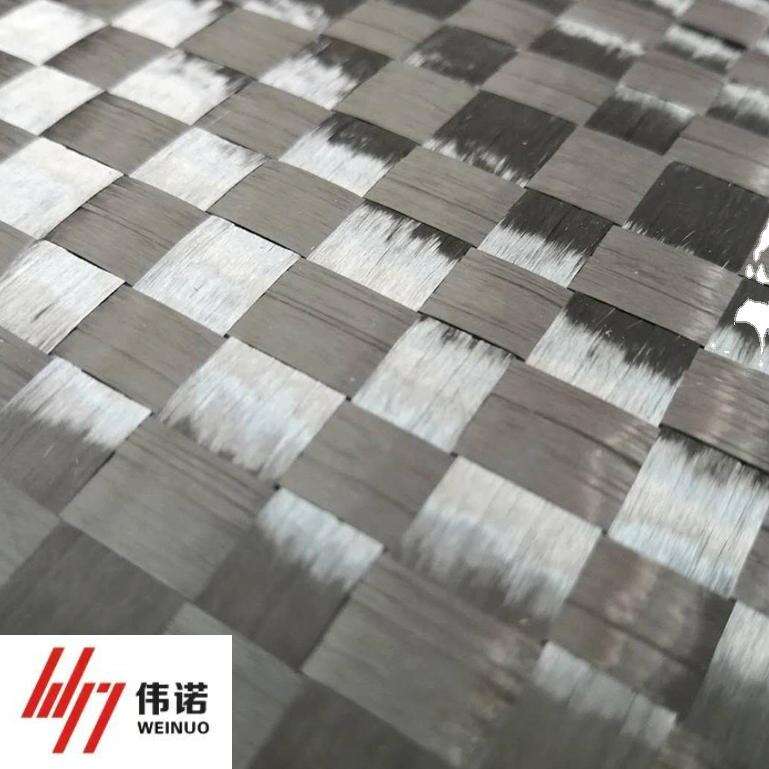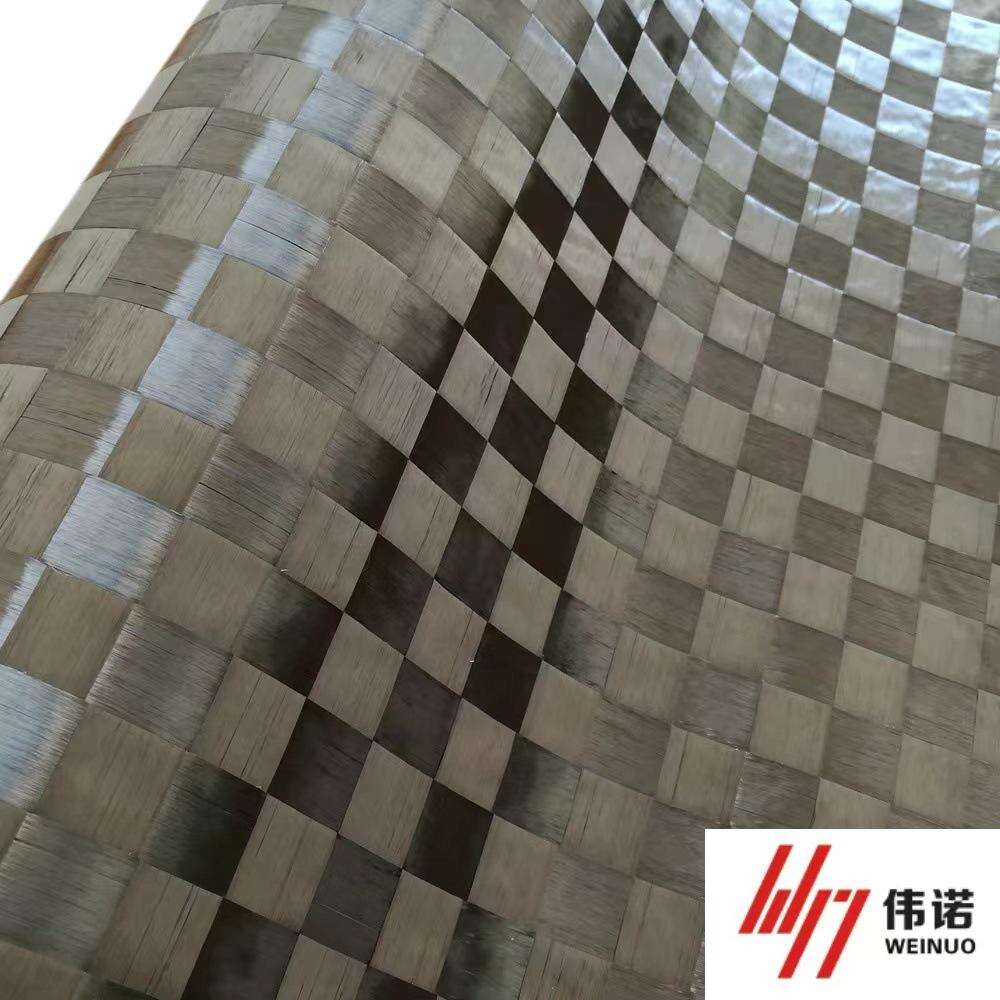low price carbon fiber fabric
Low price carbon fiber fabric represents a revolutionary material that combines affordability with exceptional performance characteristics. This engineered textile consists of thousands of carbon fiber filaments woven together to create a lightweight yet incredibly strong material. The manufacturing process involves carefully aligning carbon atoms in a crystalline formation, resulting in a fabric that offers superior strength-to-weight ratio compared to traditional materials. Available in various weave patterns and weights, this cost-effective solution maintains high tensile strength, excellent thermal conductivity, and remarkable chemical resistance. The fabric's versatility makes it ideal for applications across multiple industries, from automotive and aerospace to sporting goods and construction. Despite its budget-friendly price point, the material doesn't compromise on quality, offering thermal stability up to 500°C and exceptional resistance to environmental factors. The fabric's properties include low thermal expansion, high modulus of elasticity, and excellent fatigue resistance, making it a practical choice for both structural and aesthetic applications. Modern manufacturing techniques have helped reduce production costs while maintaining the material's core benefits, making high-performance carbon fiber technology accessible to a broader market.


